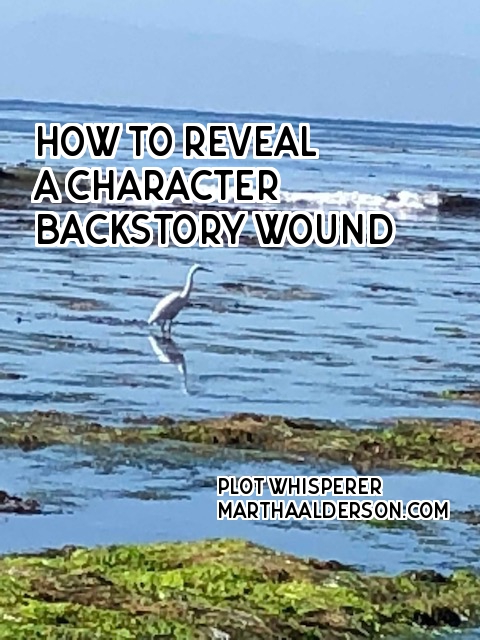 Anticlimax is the opposite of climax. An anticlimax is defined as a far less important, powerful, striking end or conclusion than expected to an exciting or impressive series of scenes or events. Lots of athletes at the 2016 Summer Olympics in Rio have experienced a climax of success. Others who expected more have experienced first-hand an anticlimax — the letdown and disappointment of not living up to personal and/or external expectations.
Anticlimax is the opposite of climax. An anticlimax is defined as a far less important, powerful, striking end or conclusion than expected to an exciting or impressive series of scenes or events. Lots of athletes at the 2016 Summer Olympics in Rio have experienced a climax of success. Others who expected more have experienced first-hand an anticlimax — the letdown and disappointment of not living up to personal and/or external expectations.
Anticlimax vs Climax
Likely you, too, have suffered an anticlimax in your life. Looking forward with excitement to a high point, instead you come face-to-face with a low point. In a novel, memoir, screenplay, an anticlimax in place of an actual climax can be deadly. Rather than leaving your reader in the afterglow of a crowning glory moment, your potential fans leave disgruntled. In an anticlimax, excitement turns to disappointment.
I’m in the middle of an anticlimax right now. After methodically moving step-by-step toward seeing Parallel Lives ((A Novel)) published — down and dirty refinement at the scene and word level, line editing, a cover that delights me, and arriving at the final layout stage. With the clock ticking and as I wait for the final layout to arrive, I plan for life after publication. The nearer my deadline approaches, the more my excitement builds. Then with only a couple of minor tweaks left, suddenly my emails go unanswered. Requests unheard. Today, the high-point I’ve been building toward free falls into a miserable sucking swamp. Suddenly, rather than the grand and wondrous finale with the novel up on Amazon and Kindle, I’m faced with a comedown and feeling letdown by the nonevent. (Update: my anticlimax was actually simply another hurdle in my ascent to the actual climax… I’m thrilled to share Parallel Lives ((A Novel)) with you. The historical novel is now up for purchase on Amazon!!)
An anticlimax in a story creates tension and disbelief in the reader. All the words and pages led to this nonevent? Impossible! The reader reads faster, unwilling to accept that the culmination of all the scenes, all the excitement, all the plot twists and disasters ends flat and unsatisfying. Slamming shut the book, she heaves it across the room.
The Climax or Triumph
If you find that the dramatic action fizzles in your climax at nearly the end of your story, dig deeper for scenes that represent an actual climax for both the dramatic action plot and the character emotional development plot. Search your imagination for a moment of truth for the protagonist and give her a defining action that demonstrates the change or transformation she underwent throughout the entire story.
If your climax reads more like anticlimax for your protagonist — a disappointment, a letdown, a crossroads, a puzzle, a plight — perhaps you’ve confused the crisis for the climax. The crisis at around the 3/4 mark of your story is the major turning point in the entire story and revolves around disappointment and trouble. The climax at nearly the end of your story is the pinnacle and crowning glory of the entire story.
Try switching what reads like an anticlimax for the crisis. The anticlimax then becomes the base and preamble for the actual main event. Start there and then build scenes that take the protagonist and reader all the way up to the main feature, crescendo, and peak of your story near the end.
(For more about Anticlimax vs Climax, refer to The Plot Whisperer)
If you find yourself at an anticlimax moment in pursuit of a personal goal, feeling let down and disappointed about the process and in doubt of a positive outcome, I’ve come up with two options.
1) Be patient with the belief that success is coming
2) Re-plot your plan and take action
Personally, I recommend #2. Rather than passively wait, take action that moves you nearer to your goal. Feel the disappointment and then imagine a fresh way forward…
* * *

Parallel Lives demonstrates that our chances for love and happiness are never truly over or used up. Success hangs on readiness and timing.
Buy Parallel Lives ((A Novel)) today!

 How to Reveal A Character’s Backstory Wound
How to Reveal A Character’s Backstory Wound
Follow Me!